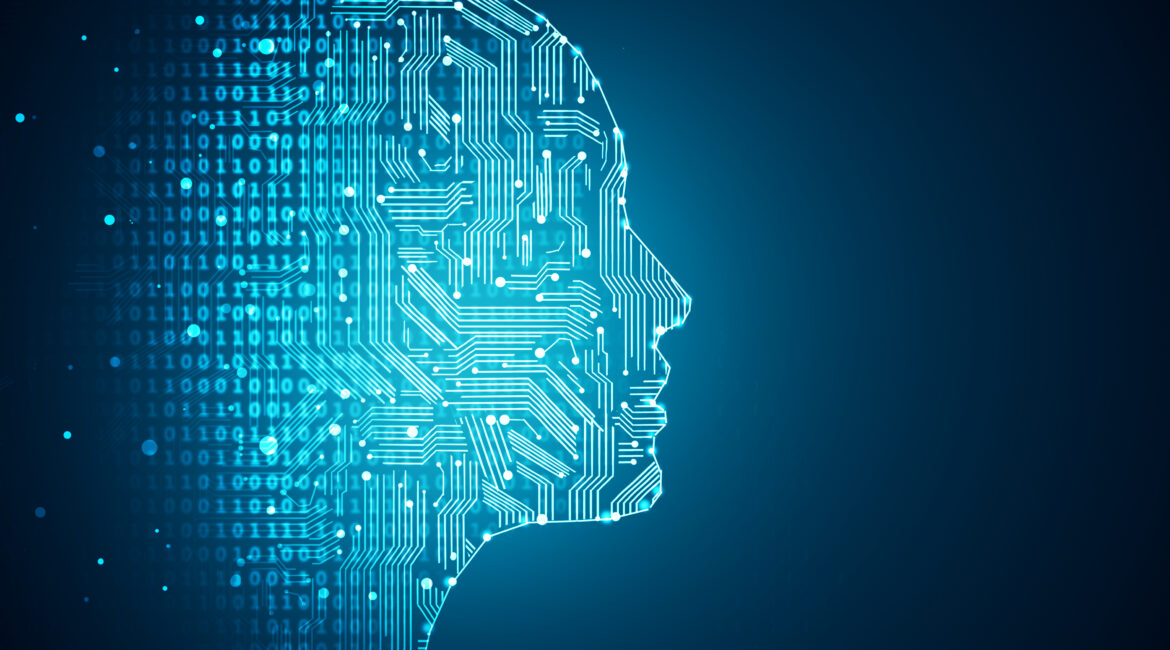Last Thursday (11 November) the German Federal Patent Court decided that an artificial intelligence system could not be listed as an inventor, but that a German Patent Application needed to name a person as the inventor, but could add that the conception of the invention was aided by an artificial intelligence system. The decision is the latest in a long line of cases pursued by Prof Ryan Abbott and the Artificial Inventor project.
The case related to German Patent Application No. DE 10 2019 128 120 A1 directed to a food container. The German Patent Office had rejected the application in a decision dated 24 March 2020 in which the Examiner stated that the designation of the inventor did not fulfil the requirements of Section 37 of the German Patent Act and Section 7 of the Patent Ordinance. The designation of the inventor as “DABUS” with the addition the invention was made by artificial intelligence by itself” was not seen to fulfil the requirements of the German law.
The application was rejected on the basis that the relevant provisions of the German Patent Act considered that only “natural persons” could be listed as an inventor. The Examiner also cited several legal commentaries in which it was stated that the inventor could not be a company and in particular a 1968 decision in which it was set out that an inventor can only be an individual person. The Examiner also noted that there could be no assignment of the invention from an AI system to the Applicant since the AI system had no legal personality by itself.
The detailed reasoning from the German Patent Court has not yet been published. It appears however that the judges have essentially followed the line of the argument set out by the German Patent Examiner. However, they did suggest one compromise in which a natural person could be listed as an inventor with the addition of the information that the invention was conceived with the help of an artificial intelligence system.
It’s not the end of the story. The case will continue as an appeal can be filed with the German Federal of Justice. Given the clear wording of the law, as it currently stands, it is difficult to see how the German court can decide otherwise. The European Patent Office has set Oral Proceedings in an Appeal in a parallel case for 21 December 2021. In that case, the Boards of Appeal have already indicated their preliminary view on 21 June 2021 that the European Patent Convention required the designation of a human being as the inventor. Similar court cases in the UK and the US have also concluded that an inventor must be a human being whereas in Australia and South Africa, the designation of the AI system as an inventor has been allowed.





